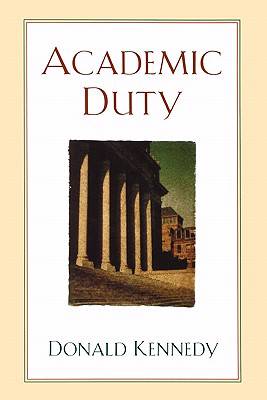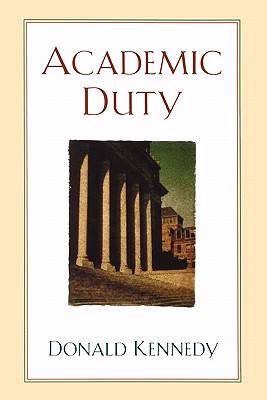
- Retrait gratuit dans votre magasin Club
- 7.000.000 titres dans notre catalogue
- Payer en toute sécurité
- Toujours un magasin près de chez vous
- Retrait gratuit dans votre magasin Club
- 7.000.0000 titres dans notre catalogue
- Payer en toute sécurité
- Toujours un magasin près de chez vous
Description
The university today is under attack from all sides. Parents and students resent the escalating costs of education and wonder where the money is being spent. Aspiring scholars feel betrayed by an institution that prepares them for nonexistent jobs. Critics on the right condemn the teachers who neglect "the canon" while critics on the left condemn the creeping corporatism on campus. Politicians seek greater control over the conduct of research and add new conditions to the use of government funds. Worst of all, the academics are increasingly uneasy in an environment that fosters competition, discourages cooperation, and has made "publish or perish" a condition of survival.
Donald Kennedy, the former president of Stanford University and currently a member of its faculty, has been at the front lines of the issues confounding the academy today. In this important new book, he brings his experience and concern to bear on the present state of the university. He examines teaching, graduate training, research, and their ethical context in the research university. Aware of the numerous pressures that academics face, from the pursuit of open inquiry in the midst of culture wars, to confusion and controversy over the ownership of ideas, to the scramble for declining research funds and facilities, he explores the whys and wherefores of academic misconduct, be it scholarly, financial, or personal. Kennedy suggests that meaningful reform cannot take place until more rigorous standards of academic responsibility--to students, the university, and the public--are embraced by both faculty and the administration. With vision and compassion, he offers an important antidote to recent attacks from without that decry the university and the professoriate, and calls upon the college community to counter those attacks by looking within and fulfilling its duties.Spécifications
Parties prenantes
- Auteur(s) :
- Editeur:
Contenu
- Nombre de pages :
- 320
- Langue:
- Anglais
Caractéristiques
- EAN:
- 9780674002234
- Date de parution :
- 15-03-99
- Format:
- Livre broché
- Format numérique:
- Trade paperback (VS)
- Dimensions :
- 149 mm x 234 mm
- Poids :
- 476 g

Les avis
Nous publions uniquement les avis qui respectent les conditions requises. Consultez nos conditions pour les avis.






